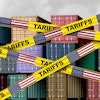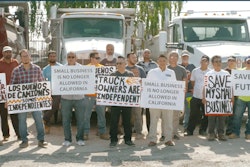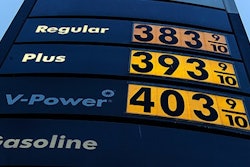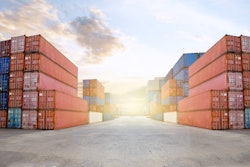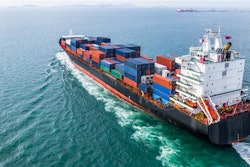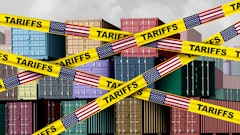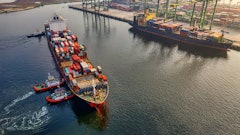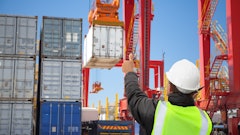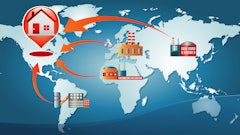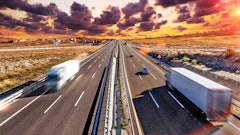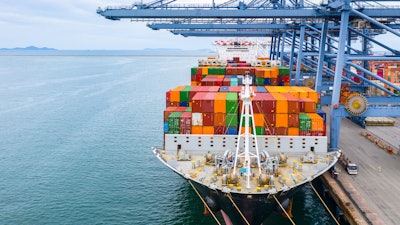
Digital Container Shipping Association (DCSA), in conjunction with its nine member carriers, announced Phase 2 of its electronic bill of lading (eBL) platform interoperability proof of concept (PoC), which will be conducted with CargoX, edoxOnline, essDOCS and WAVE BL. The companies will implement DCSA eBL Interoperability Standards to test eBL interoperability through the full bill of lading lifecycle using data that mirrors a live shipment.
“For the global supply chain, fully interoperable eBL is a starting point for digital trade. It will make today’s practices more efficient, reliable and sustainable, but ultimately it will provide a foundation for further digitalization,” says Thomas Bagge, CEO of DCSA. “Actors in global supply chains want to be able to choose the best platform for their needs. For service providers, it will remove barriers to adoption and create an operational foundation that fosters innovation and collaboration. According to our year-end 2021 research, less than 1.2% of all bills of lading was electronic. We urge all industry stakeholders to get involved and be part of the movement to work towards 100% eBL adoption.”
From Digital Container Shipping Association:
- Phase 1 of the PoC was completed in May with seven actively participating carrier members, ExxonMobil and four of six IGP&I-approved eBL solutions providers. The standards and PoC design were adjusted for Phase 2 based on Phase 1 participant feedback. Successful completion of Phase 2 is expected before the end of 2022 and will ensure full technological interoperability between participating eBL platforms.
- Fully interoperable eBL will enable shippers and beneficial cargo owners (BCOs) to choose an eBL provider based on service levels and capabilities, while maintaining the ability to exchange electronic documentation with carriers, banks and other parties that may use different platforms.
“Collaborating with DCSA and industry stakeholders to standardize paperless bills of lading and facilitate interoperability is an important part of the work we do,” says Stefan Kukman, CEO at CargoX. “eBL will bring countless benefits to the industry including greater sustainability and efficiency. With our platform for blockchain document transfer (BDT), eBLs are smarter and more secure than paper-based alternatives.”




